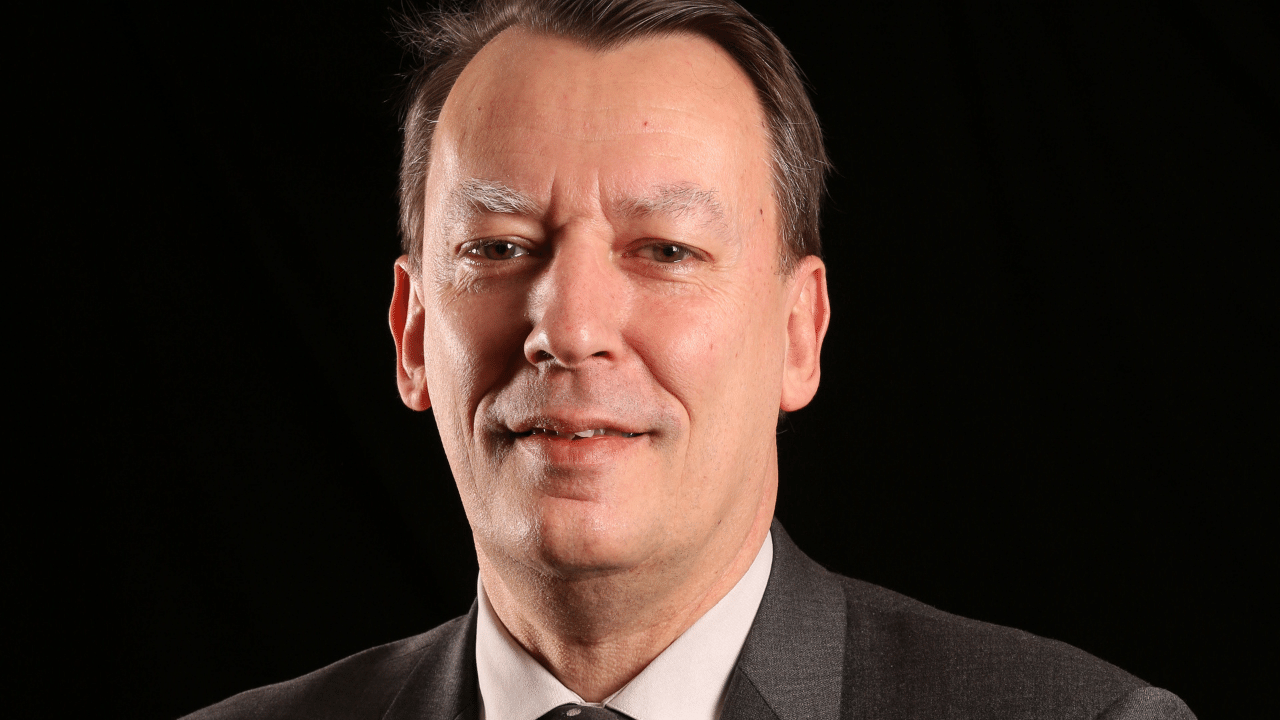A few weeks into his presidency, Professor Marc Humbert shares his first message, reflecting on the last 12 months and highlighting some priority areas for the European Respiratory Society (ERS) in the coming year, including a return to an in person ERS International Congress.
“It was my great honour to be elected into the ERS presidential cycle, and to now take on the role of ERS President. This is a prestigious role, as is evident by the long list of esteemed colleagues that came before me, not least my immediate predecessor Anita Simonds. Anita led the Society through yet another challenging 12 months, and it is her leadership, combined with the hard work and commitment of ERS leaders and officers, the staff, and our members, that has put us in the positive position we are now.
“We had more than 23,000 registrations to our annual Congress in September, which was, for the second year, an exclusively virtual event. We worked hard to deliver a virtual experience which gave our delegates networking opportunities — facilitating conversation and connecting peers from around the world, so that they could discuss the latest in respiratory medicine and science as it was presented.
“We have learnt a lot about the importance of online resources over the last two years and how best to deliver activities so that they are accessible and truly benefit our wider community. We will take that knowledge with us as we start to organise and deliver in person events once again, but with a quality online option as standard.
“We have all missed in person activities, myself included. No matter how excellent virtual events are, they do not replace in person events like-for-like. I am therefore very pleased to announce that the ERS International Congress 2022 will be an in-person event, with a high standard online option also available. In fact, starting with the Lung Science Conference in March, our courses and other learning opportunities will offer this hybrid access moving forward wherever possible.
“Our work in the field of advocacy has also had an important development with the launch of the International Respiratory Coalition (IRC) in September. The IRC is led by ERS in partnership with multiple stakeholders. Its overall aim is to help governments and healthcare systems recover from COVID-19 by improving respiratory care. We want to improve outcomes for people living with respiratory diseases through national level respiratory strategies and build resilience against future pandemics. This initiative is in its early stages, and it will be a priority area over the coming months – including welcoming more partner organisations and individuals, and outlining a clear road map for future activities.
“As a specialist in rare respiratory diseases, I will also continue to forge a strong relationship between ERS and the European Reference Network for the lung (ERN-LUNG) — a partnership which produces essential guidelines and education around rare diseases.
“Similarly, ERS works very closely with the European Lung Foundation to ensure that the patient perspective is included across multiple projects, and I strongly support the work that our organisations do in unison to ensure the patient is at the centre of what we do.
“There is much, much more than I have noted here on the horizon for ERS — do ensure you are subscribed to receive our communications throughout the year as we share updates on all of our activities, opportunities and developments.
“I am very honoured and excited to lead ERS through the next 12 months alongside all the hard-working and talented colleagues in ERS’s Committees, Councils, and Assemblies and Groups.”





